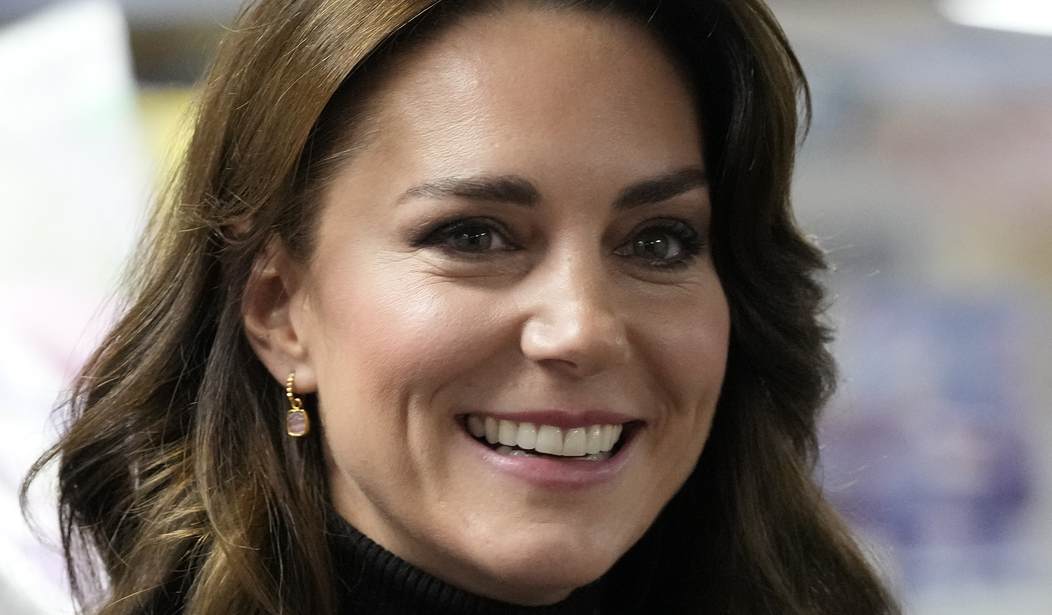Kate Middleton announced she’s finished chemotherapy and will resume some of her royal duties. As the princess continues to balance her recovery and her responsibilities, royal onlookers and lawmakers across the pond would do well to take a page out of the princess’ book and rally around a Kate Middleton-style early years campaign in an effort to build popular support around family policy.
While reasonable minds in the U.S. can disagree about proposals such as mandated health-insurance coverage for IVF, everyone ought to rally around the princess’ conviction that more resources should go toward the first five years of a child’s life, as helping during the early years pays dividends in the long run.
The princess was inspired to launch her early years initiative, housed within the Centre for Early Childhood, after many visits with men and women across Great Britain and realizing intervention in the early years alleviates personal and societal problems down the road.
As the princess says, support for parents and would-be parents is critical for young children and for society as a whole: “Nurtured children are the consequence of nurturing adults. So, to invest in children means also investing in the people around them.”
Lawmakers should listen to the princess and lean into laws that give everyday people the confidence they need to start or grow their family—before disease, old age or financial pressure make starting a family an impossible task for everyday men and women.
Many Americans want three kids or more, just like the Wales family. Those dreams of having a bigger family, though, aren’t coming true in the United States, as the fertility rate continues to drop amid rising living expenses and out-of-control childcare costs.
Recommended
If the baby bust continues—and retirement homes continue to crop up in place of starter homes—the rate of childlessness for those born after the sexual revolution will continue to increase, even though most women of childbearing age either want kids or entertain the possibility of having kids someday.
One way lawmakers could turn the tide for those who want to start or grow their family is decentralizing daycare subsidies. Instead of exclusively channeling money toward corporate or "Big Daycare" solutions, lawmakers should free up those funds and let the dollars follow an infant or toddler.
That way, parents who'd rather care for their children at home in the early years can do exactly that. These flexible spending accounts can go toward other bespoke forms of childcare, too, like in-home daycare or Montessori school if that option works better for a child.
Yet another way lawmakers could bolster family formation is supporting those who'd like to grow their family through adoption. Lawmakers, for example, should make the adoption tax credit refundable so low and middle-income Americans can more easily afford the rising costs associated with adoption.
Moreover, lawmakers should also support bills like the “More Opportunities for Moms to Succeed Act,” also known as the MOMS Act. The bill, if enacted, would create a program for eligible nonprofits to provide pre and post-natal support to expectant families.
This kind of pro-woman infrastructure in particular would help families and would-be families in the workplace who either don’t have parental leave, have limited employer-sponsored parental leave or who—because of the nature of their job—can't work flexibly from home.
At the end of the day, people still want the American dream. Giving them the help they need to start growing their family sooner rather than later is a step in the right direction, and something that should be accessible to everyone—not just royalty. Lawmakers should rally around this issue and advance family policy all Americans can love.
Carolyn Bolton is advocacy manager at the National Council For Adoption and a former newspaper reporter. She lives in Alexandria, VA. These views are her own.

























Join the conversation as a VIP Member